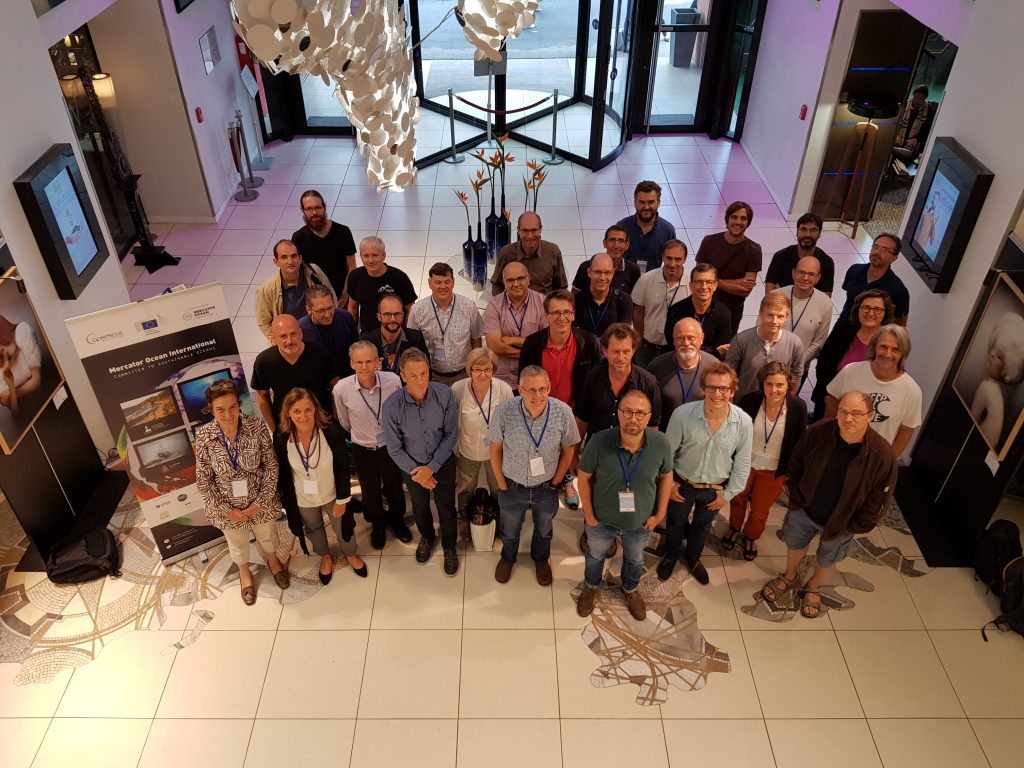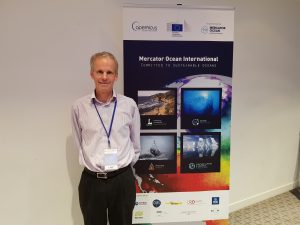On September 5th and 6th, 2018 Mercator Ocean International (MOI) held a Marine Data Assimilation (MDA) Workshop in Toulouse. The workshop objective was to set the scene for creating a long-term European infrastructure in marine data assimilation. Given the many actors involved and competencies across organizations, the objective was to identify cooperation and joint activities in an operational marine data assimilation context, to analyze steps to converge on MDA tools and approaches and to feed MOI data assimilation strategy. The meeting included about 41 attendees that included researchers from MOI and its shareholders as well as external experts.
We asked Mike Bell, who leads the teams developing the UK Met Office‘s ocean forecasting capabilities, and one of the workshop organizers, some questions regarding the workshop:
- What are the objectives of this workshop?
There are two main objectives. The first is to develop a long-term vision for a European marine data assimilation (MDA) infrastructure. The second is to agree first steps in improving collaboration within Europe on MDA and how to converge on shared tools and approaches.
- Why is this article important for Mercator Ocean International?
It’s important for a number of reasons. Data assimilation systems are difficult and costly to develop, validate and maintain. They usually have specific internal structures and approaches within them that the makes sharing of elements between them difficult. As a result a number of entirely separate systems have been developed that are based on different approaches. In recent years hybrid approaches have been developed which are able to exploit the strengths of the different approaches in a flexible way. Now that Mercator Ocean has become international there is a golden opportunity (and a duty) to pool expertise and work together to create a high quality MDA infrastructure which is flexible enough to meet all our needs.
The workshop has sessions dedicated to discussing the current state of data assimilation methodologies and their application to the physical ocean, biogeochemistry, sea-ice and coupled atmosphere-ocean-ice systems. There will be sessions dedicated to discussing and outlining a system that they (experts and users) would want to own in 10 years time and a discussion of the current main scientific, software and computing issues and significant constraints on the assimilation systems.


